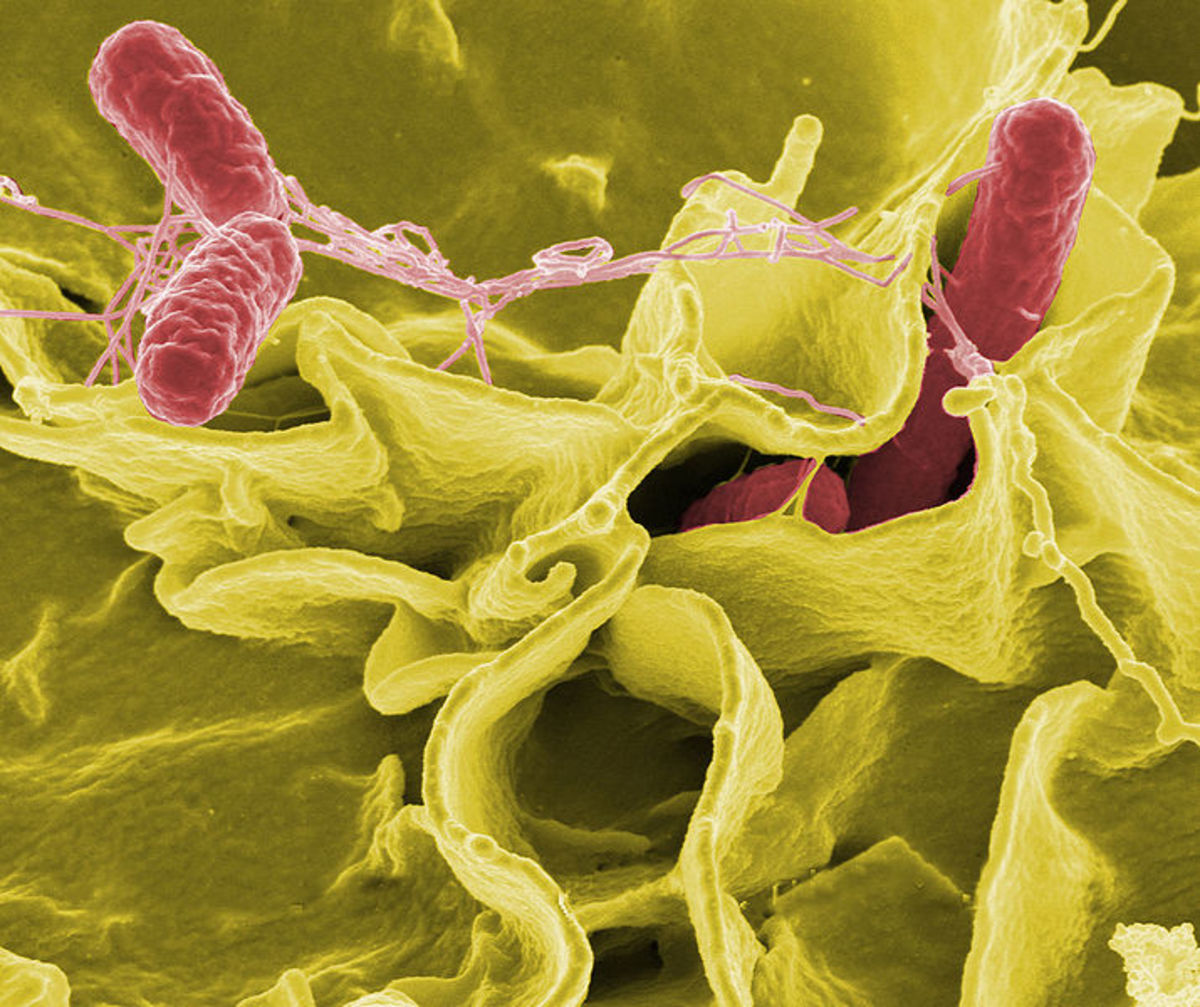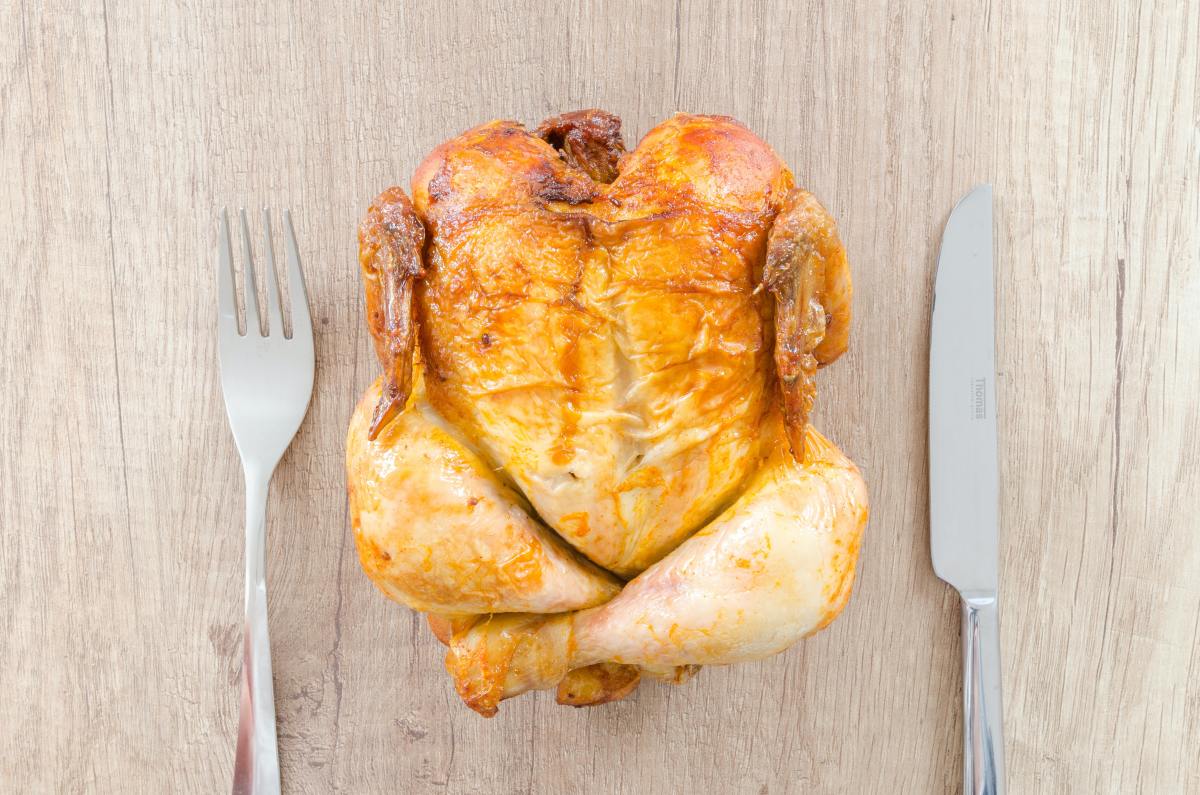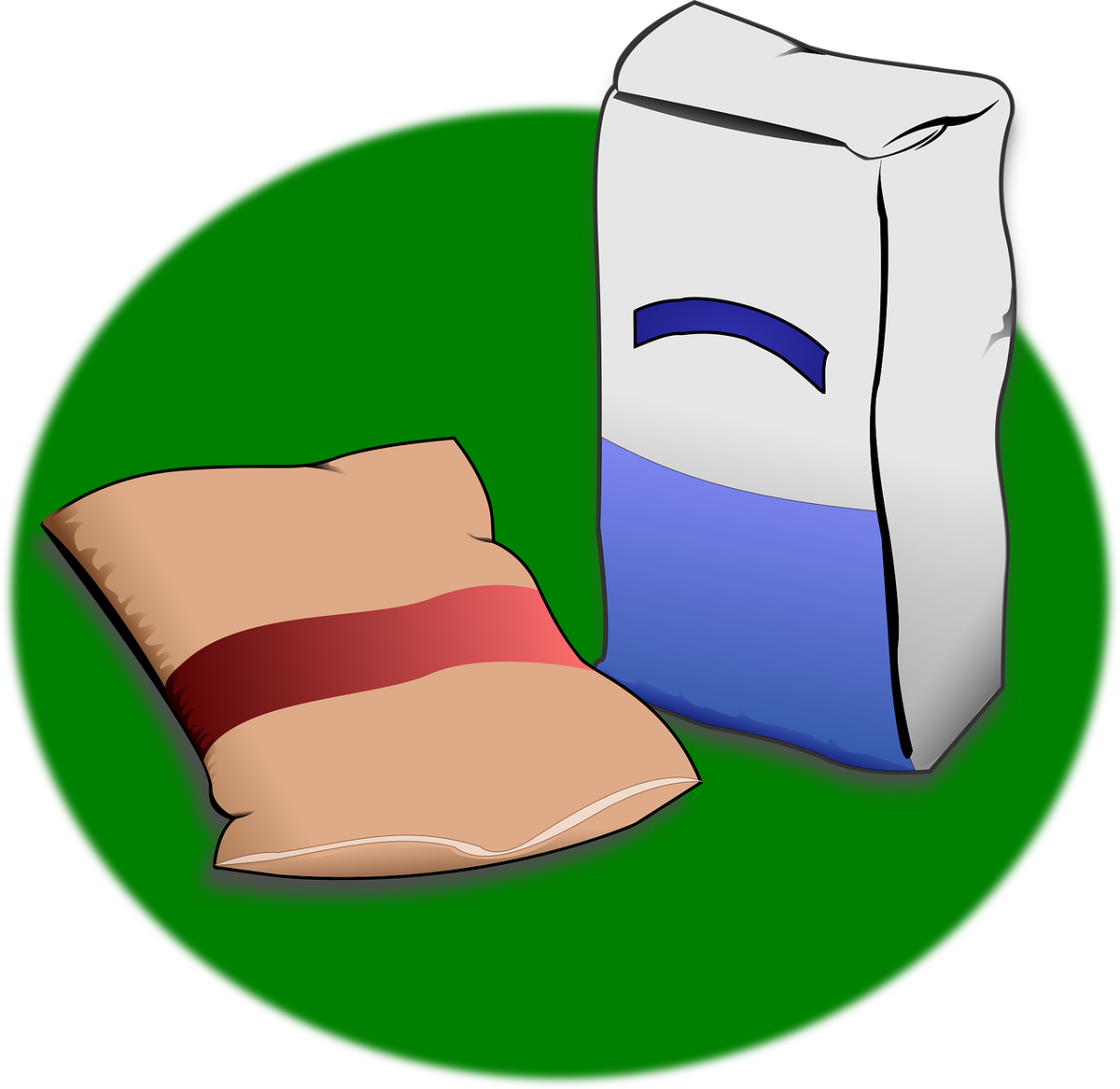Lead Poisoning: Why Washing Organic Foods Is Still Important
One of the most harmful toxins, especially to young children, is lead. Lead poisoning has many serious health effects, including neurological damage, stunted growth, and anemia. Thankfully, even though eating organic food cannot protect your children from lead poisoning, you can still reduce their exposure with some very simple steps.
In the United States, lead-based paint was banned in 1978, and leaded gasoline was phased out in the early 1990s. Lead does not break down, however, and significant amounts of lead can still be found in our soil today. Lead levels are especially high in soils near painted structures where paint chips have caused contamination and by roadways where emissions from leaded gasoline once polluted the ground. If you think that your soil may have dangerous levels of lead, you can contact your local health department to learn how to test for lead contamination.
The greatest danger that leaded soil poses to our food is not through absorption by the plants we eat; most lead contamination is found instead in dirt and dust on produce surfaces, especially leafy vegetables and root crops. For this reason, it is very important to thoroughly wash all fruits and vegetables, even if they were not grown with pesticides. Scrub root vegetables well until all dirt is off, rinse fruits, and thoroughly wash leafy vegetables, making sure to get between leaves and down into crevices.
The further from buildings and roads that your food is planted, the less likely it is that the soil it was grown in will have lead contamination. Plant your garden away from roads and buildings. Try to buy produce from farms that aren't close to urban centers or major roadways. Try to buy your food from trusted sources, and ask about lead levels in a farm's soil.
And, of course, after you work in your garden or your children play outside in the dirt, make sure to wash up thoroughly and change into clean clothes. If your pets bring in a lot of dirt or mud, get it up off of the floors, and dust regularly.
Water can also be a concern. Leaded plumbing solder was banned in the 1980s, but if you have old pipes, have your water tested for lead. If there is lead in your pipes, have them replaced if possible. If you cannot have them replaced, filter your water. Use only cold water for washing food, drinking, or cooking. Warm water is more likely to leach lead from pipes.
Lead poisoning is a nightmare for parents. It is surprising how many sources lead can come from, but a few preventative measures can go a long way in protecting a family from its dangers.





